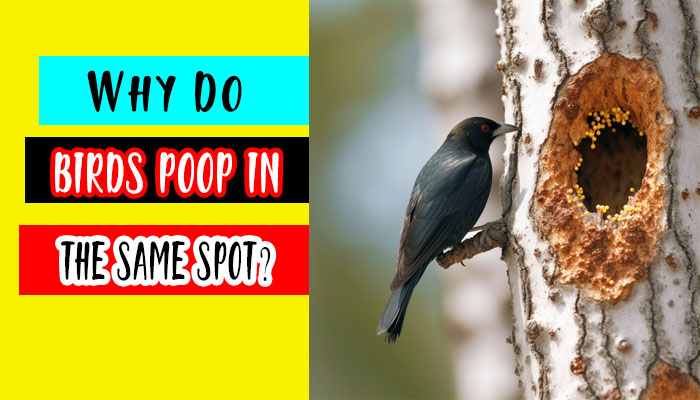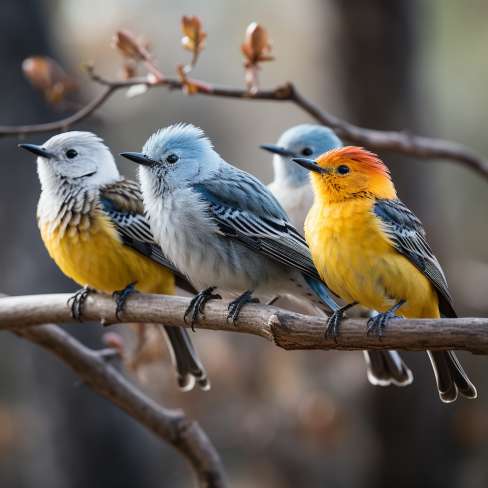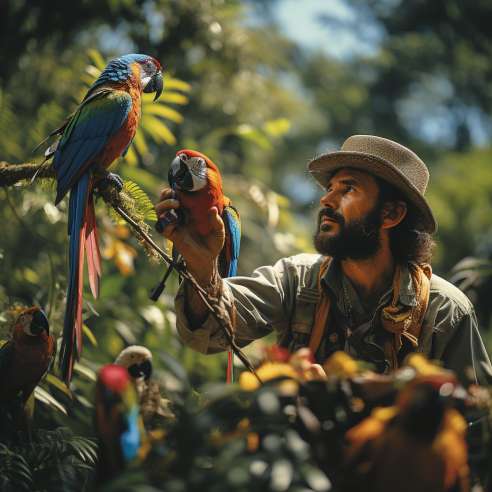Can You Eat a Hummingbird? -An Insightful Guide
Hello there, fellow bird enthusiasts! Today, we will delve into a topic that might flutter some feathers – the intriguing question: “Can you eat a hummingbird?” As a bird lover and an expert, I’ve pondered this query and gathered much information to satisfy your curiosity.
In this engaging journey, we’ll explore the ecological importance of hummingbirds, address legal and ethical considerations, and learn about their diet, historical consumption, and modern perspectives. And, of course, we’ll answer the ultimate question – can you eat a hummingbird?
The Ecological Importance of Hummingbirds
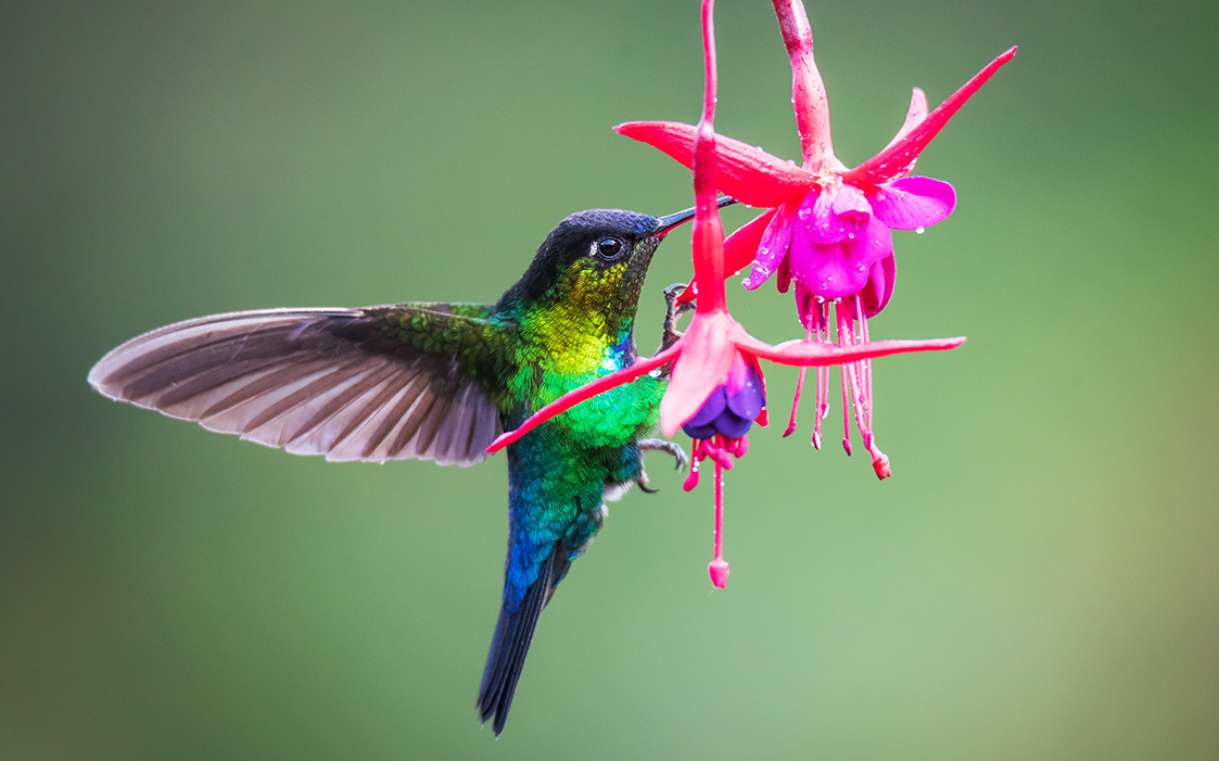
Hummingbirds are nature’s tiny marvels. These agile, iridescent creatures play a vital role in pollinating many plants, ensuring the propagation of countless species. As they flit from bloom to bloom, they transfer pollen, aiding in the creation of fruits and flowers.
Without them, many ecosystems would suffer, impacting everything from plant diversity to the animals that depend on these plants for food and shelter.
See Also:
Legal and Ethical Considerations
Before we embark on our culinary curiosity, we must consider the legal and ethical aspects of consuming hummingbirds. In most countries, capturing, harming, or consuming these birds is illegal. Various conservation acts and international agreements protect them.
As responsible nature enthusiasts, we should respect these regulations and protect these delicate creatures.
Hummingbird Diet
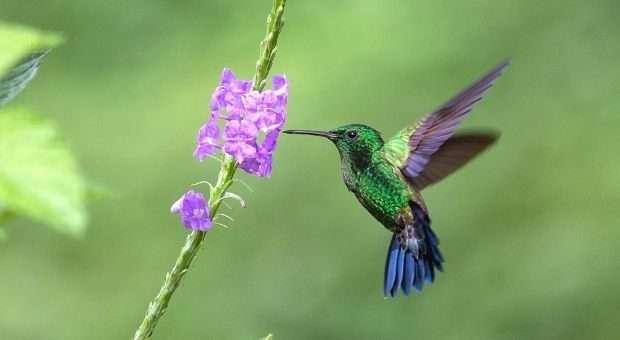
Hummingbirds are not your typical backyard bird. They have an exclusive diet that revolves around nectar from flowers and insects for protein. Their metabolism is remarkably high, requiring them to feed multiple times an hour.
It’s fascinating how these tiny birds can consume their weight in food daily to fuel their incredible flying abilities.
Historical Consumption
In some cultures, especially among indigenous communities, there are historical records of hummingbirds being consumed. These instances were often tied to rituals or ceremonies, highlighting their significance in these societies. However, it’s essential to remember that such practices have evolved and may no longer be prevalent today.
Can You Eat a Hummingbird?
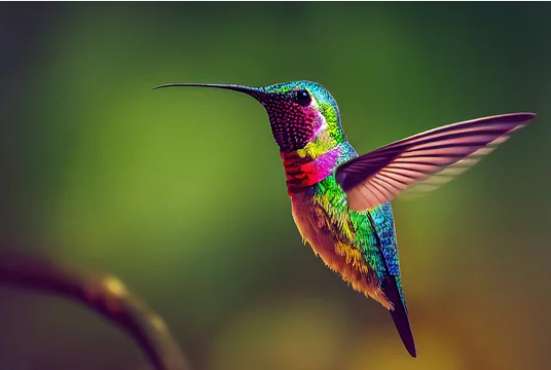
It is physically possible to eat a hummingbird, but it is not legal in the United States or most other countries. Hummingbirds are protected by the Migratory Bird Treaty Act, which prohibits capturing, killing, or possessing any migratory bird without a valid permit.
Even if it were legal, it is not clear that hummingbird meat would be palatable to humans. Hummingbirds are tiny birds whose bodies are muscled and composed of minimal fat. Their diet consists mainly of nectar and insects. This means hummingbird meat would likely be lean and stringy, with a bland flavor.
In addition, hummingbirds are often covered in parasites, which could make them a health hazard to eat.
For all of these reasons, eating hummingbirds is generally not recommended.
Related Post: Can Birds Lay Eggs While Flying?
Nutritional Benefits and Risks
For the sake of knowledge, let’s briefly discuss the nutritional aspects. While some cultures might have historically consumed hummingbirds, there’s no substantial nutritional benefit to doing so.
It poses more risks to the hummingbirds and those who consume them. Sticking to a balanced, ethical diet that doesn’t involve these precious birds is always best.
Preparing Hummingbird for Consumption
We’ve reached the point where we address the elephant in the room: how one might prepare a hummingbird for consumption. However, let me reiterate – it is not advisable or legal to do so in most places. We must prioritize the protection of these incredible birds and their natural habitats.
Frequently Asked Questions (FAQs)
1. Is it legal to eat hummingbirds?
Consuming hummingbirds is illegal in most countries due to their protected status.
2. Are there any health risks associated with eating hummingbirds?
Yes, consuming hummingbirds can pose health risks due to potential diseases and the fact that they are not a conventional food source.
3. What can I do to help hummingbirds?
To help hummingbirds, create a hummingbird-friendly garden with nectar-rich flowers and sugar water feeders. Supporting their natural habitat conservation efforts is also crucial.
Conclusion
In our exploration of the question “Can you eat a hummingbird?” we’ve uncovered the ecological significance of these tiny birds, discussed legal and ethical considerations, and learned about their unique diet. While historical records show that some cultures have consumed them, it is not advisable in modern times.
Hummingbirds play a crucial role in our ecosystems; protecting them should be our top priority. So, let’s continue to admire these enchanting creatures from a distance, ensuring they thrive in their natural habitat.

